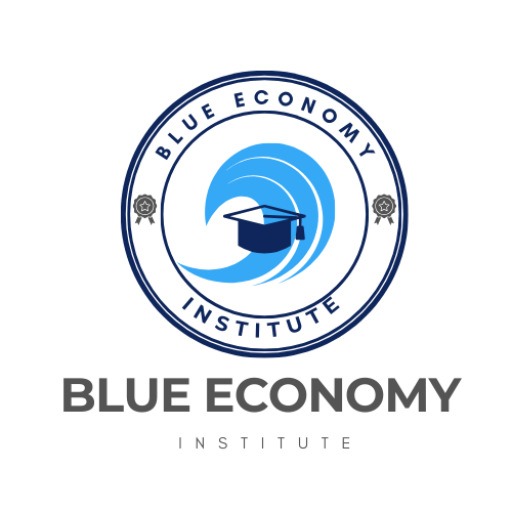By forging partnerships with top universities and research institutions globally, the Institute offers programs that are on par with the highest international standards in maritime education. This collaboration enables African students and professionals to access specialized courses and degree programs recognized worldwide, including joint research initiatives, faculty exchange programs, and dual certification options that enhance the global competitiveness of African talent.
International Collaborations and Academic Excellence
01
Industry-Specific Skill Development and Certification
The Institute offers certifications tailored to meet the demands of the rapidly evolving maritime industry, covering fields such as logistics, marine operations, coastal engineering, ocean energy, and maritime law. By focusing on industry-specific skill development, the Institute ensures that graduates are job-ready, meeting both local and international labor market demands in the blue economy.
02
Hub for Research and Innovation
Serving as a research hub, the Institute provides resources for groundbreaking research in marine sciences, conservation practices, and innovative maritime technologies. This includes dedicated research centers focusing on critical areas such as ocean energy, marine biodiversity, pollution management, and sustainable fisheries. The Institute’s research outcomes inform policies, influence industry practices, and foster environmentally sustainable growth in Africa’s maritime sector.
03
Leadership in Policy Advocacy and Regulatory Support
The Institute plays a significant role in advising policymakers on regulations and frameworks that promote sustainable practices in the maritime industry. By facilitating stakeholder forums, conducting policy research, and publishing insightful reports, the Institute ensures that African nations have access to the expertise required to implement policies that support environmental conservation, fair trade practices, and economic development in the blue economy.
04
Environmental Conservation and Community Engagement
The Blue Economy Institute actively promotes conservation of marine ecosystems and water resources. Through community engagement programs and conservation initiatives, the Institute partners with local communities to foster sustainable fishing practices, restore coastal ecosystems, and promote water quality. By raising awareness and building capacity, the Institute empowers local communities to be stewards of their natural resources, creating sustainable livelihoods while protecting the environment.
05
Entrepreneurship and Business Incubation
The Institute is committed to nurturing entrepreneurial talent within the blue economy. Its incubation and acceleration programs provide entrepreneurs with business mentorship, funding, and access to a vast network of investors. These initiatives help startups scale their innovative solutions, especially in emerging sectors like aquaculture, marine technology, and sustainable tourism, fostering a robust ecosystem of blue economy businesses in Africa.
06
Data-Driven Decision Making and Market Analysis
Recognizing the importance of data in shaping the blue economy, the Institute conducts extensive data analysis and market research to identify trends, skill gaps, and investment opportunities. This data-driven approach aids governments, businesses, and educational institutions in making informed decisions that enhance industry competitiveness and sustainability across the continent.
07
Public Engagement and Awareness Programs
The Institute understands the value of educating the public about the blue economy’s potential. Through public awareness campaigns, seminars, and workshops, it highlights the significance of Africa’s water resources and maritime industries. These programs foster a collective understanding and appreciation of the blue economy, encouraging public participation in conservation efforts and sustainable practices.
